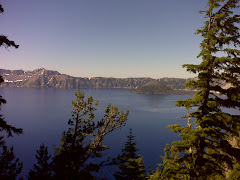This is a good post by Joe Friel explaining some benefits of the long L2 ride. There is no doubt that significant ride time at L3 and L4 are both important for aerobic system development in the winter/base period of the year. But there are things L2 can give you that L3 and L4 don't.
The Aerobic Base Ride
On a related note, I found this statement by Hunter Allen yesterday on Google Wattage; it sums up my thoughts on doing century-length rides in November and December:
"One other point is that longer rides made up of the components above (L1, L2, and L3) can help you make the next quantum leap in FTP. I have seen so many Masters riders that are restricted to 8-12 hours a week and no matter how hard and smart they train, just never are able to get to 'the next level'. Only when they can introduce a 2-3x a month long ride into their training plan that tax both the cardiovascular and muscular endurance components are they able to make the quantum leap. It doesn't mean that every weekend has to be a 100+ mile ride, but 2-3 a month can make a difference even if you never, ever race near that distance or to that level of fatigue."
I understand the 'only train as long as your longest race' philosophy. I just don't agree with it.
February 8, 2014
12 years ago


2 Comments:
Robert: Funny that, this topic has been a part of my thinking too this autumn. Hunter's comment struck a chord with me too and yesterday I copied it into the little black book I keep for such things. The good thing about a power meter is that not only do we have real time feedback on our training as it's happening, but we can also measure improvements retrospectively. So if the training is not producing the right results we can change it. My experience from last summer is that I gained greater improvement by playing with different combinations of duration and intensity between workouts than anything else I've tried. Perhaps that methodology also translates into winter training too.
Post a Comment